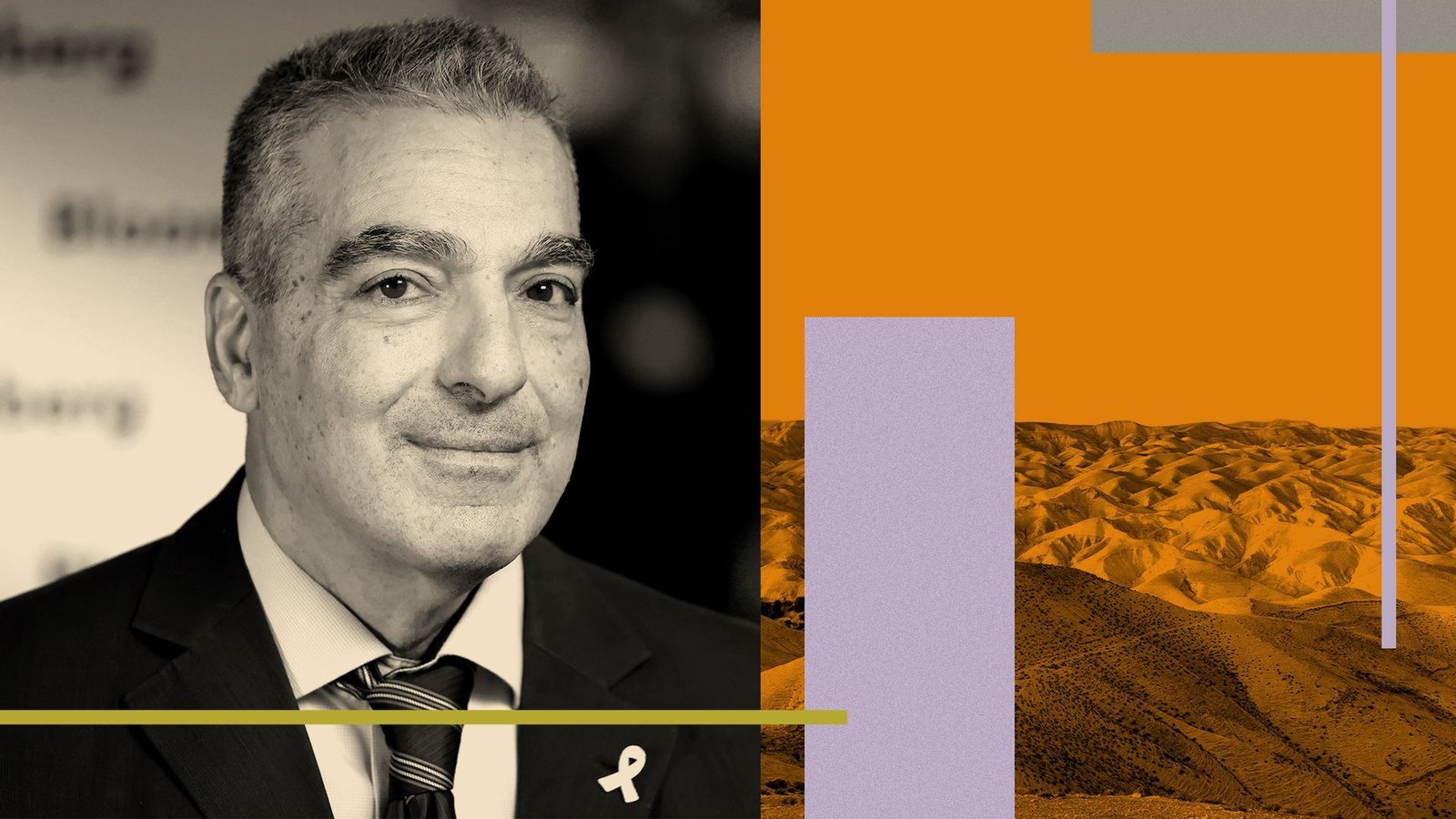As UN global climate negotiations close out the first week in Baku, Azerbaijan, even small climate players are showcasing their contributions to cutting emissions and raising more money. Why it matters: The COP29 summit aims for a new target for financial flows from mainly developed countries to the developing world.
• This money would help nations adapt to climate change’s already severe impacts and transition to renewable energy sources.
The intrigue: According to Gideon Behar, Israel’s special envoy for climate change and sustainability, his country brought representatives from 20 startups working on clean technologies to COP.
• Behar told Axios he’s excited about some of the innovations Israel is launching, noting it is out of proportion to the country’s size and greenhouse gas emissions.
• Though Israel has relatively high per capita emissions, it represented just 0.16% of global carbon dioxide emissions in 2023.
• He is particularly excited about progress in creating a circular water economy, with farmlands irrigated by treated wastewater.
What they’re saying: “Israel’s biggest contribution to the challenge of the climate crisis comes in terms of innovations, solutions, technologies, ideas,” he said, noting that about 1,300 companies in the country, most of them startups, deal with climate change.
• He also mentioned renewable energy technologies as a growing industry.
• Overall, his focus at COP29 is on working with regional partners to enhance the Middle East’s resilience to climate change.
• He noted it is a “hot spot” of more rapid and severe warming compared to other parts of the globe.
Studies have shown that parts of the Middle East, primarily in and around the Persian Gulf, could become virtually uninhabitable at certain times of the year within the next few decades.
Zoom in: The text of an agreement at COP hasn’t progressed quickly. But that’s typical for the first week of such meetings, when lower-level technical experts do much of the work before ministers with greater negotiating authority swoop in.
• In addition to the formal discussions, countries are showing off their climate priorities at pavilions in the makeshift conference center, located inside a soccer stadium.
Friction point: Behar told Bloomberg Thursday that Israel wants to expand its engagement with the U.S. on renewable energy, climate resilience and other climate and energy-related fronts.
• This may get more difficult when President-elect Trump takes office, since he is intent on withdrawing from the Paris Agreement for a second time.
• On this potential wrinkle, Behar is hopeful. “The United States and Israel are strong allies and we look forward to continuing to work together on climate solutions through collaboration,” he told Axios via WhatsApp.
Between the lines: Behar said the conflicts in the Middle East, namely the war in Gaza and the fight against Hezbollah in Lebanon, aren’t impeding it from having discussions on climate change with other nations.
• At COP28, activists tied the issues of climate justice with a Gaza ceasefire, arguing “there’s no climate justice without human rights.”
• Behar said Israel’s partners in the region understand “we didn’t start [the] war” and “the danger that these organizations, Hamas and Hezbollah possess over all the region.”
What’s next: Behar emphasized that while Israel isn’t a dominant player at COP29, he and his team support efforts to increase climate finance and reduce greenhouse gas emissions.
